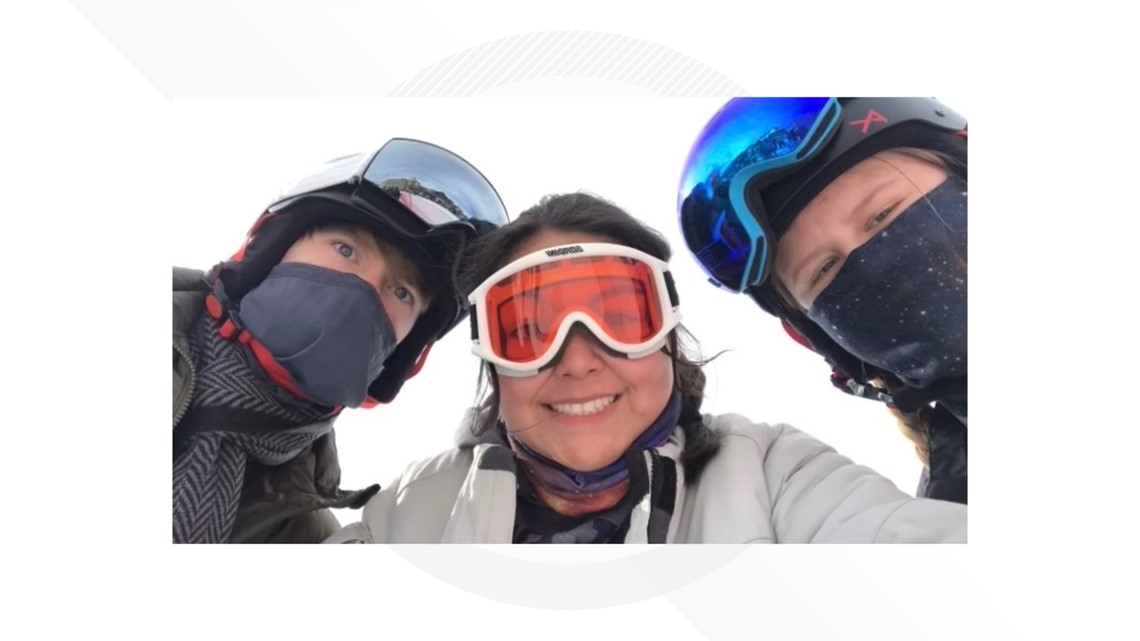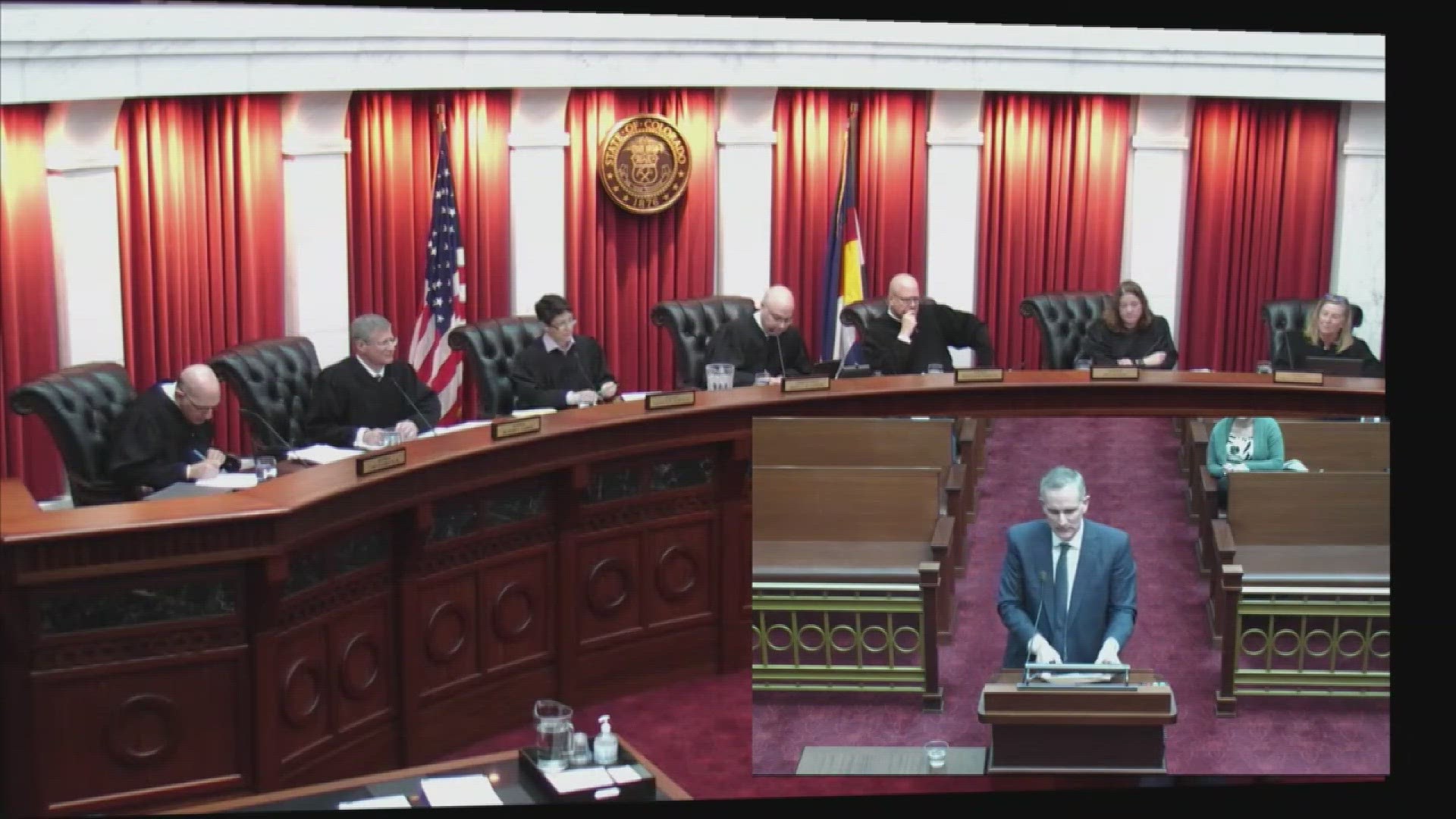DENVER — A teenage girl was paralyzed when she fell from a lift at a Colorado ski resort nearly two years ago. Her family claims the ski industry should have done more to protect her.
Now, the case will be decided by the Colorado Supreme Court. The decision could have ripple effects on safety and responsibility within the ski industry.
The case stems from March 2022, when 16-year-old Annie Miller came from Oklahoma with her dad to ski at Crested Butte.
"And as she was trying to get onto the lift, there was a problem getting properly seated. And as the lift took off and went up the mountain, her father and others were yelling at the lift attendant to stop the chairlift. Nobody stopped it," Bruce Braley, attorney for the Miller family, said.
Her dad held on as long as he could.
"She fell 30 feet, hit the hard ground below and is now paralyzed," Braley said.


A district court dismissed the Miller family's claim early on, saying the law protects the ski industry here.
Braley pushed back, saying the ski industry's standards should have kept Annie from getting hurt in the first place.
"By failing to have a system in place and properly trained employees that could recognize the danger to Annie Miller and immediately stop that chairlift, they failed to meet that highest duty of care," Braley said. "And that's why this case is so important to every skier who comes to Colorado and signs a waiver where these resorts ask them to waive all liability for anything they could have done wrong."
"There has to be a balance between promoting that economic activity and providing a safe place for skiers to come and ride our chairlifts," Braley said.
In oral arguments in front of the Colorado Supreme Court Tuesday, Crested Butte's attorney, Michael Hofmann, said those who go skiing are knowingly accepting the risk to their safety.
"The Ski Safety Act requires skiers to have the knowledge and physical dexterity to load the lift. And so I think the notion that the skier has no responsibility is inconsistent with the Ski Safety Act itself," Hofmann said.
Now, justices will decide what's protected under Colorado law and what can be waived away.
"We have a situation where the legislature is saying, 'Hey ski industry, these are standards that we expect, that we are requiring you to keep.' And yet, the ski industry then turns around and says 'That's nice of you, thank you, but we'll just make people waive and be done with that.' Something about that is wrong," Justice Carlos A. Samour Jr. said during the hearing.
The court is likely to issue its decision on the case sometime in the next few months.
SUGGESTED VIDEOS: Latest from 9NEWS

